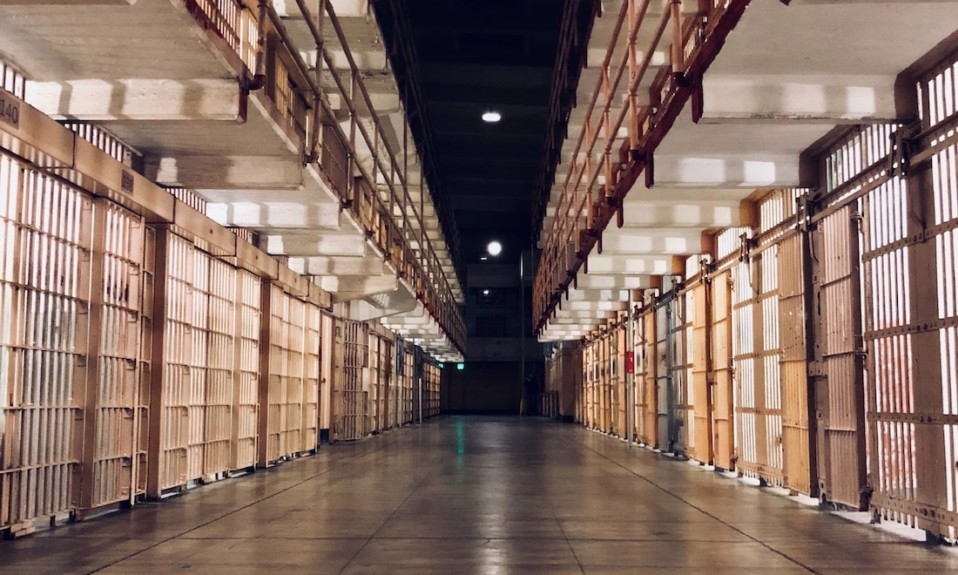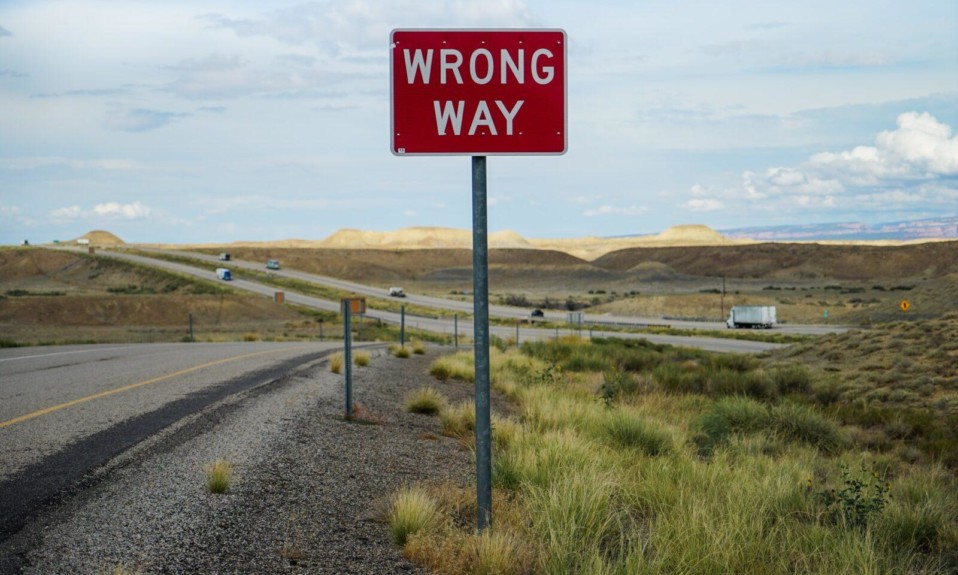Reacting to the toll taken by the synthetic opioid, the state’s lawmakers have introduced a bill that cracks down mightily on possession and distribution
By Veronica L. Holyfield
Lawmakers in Colorado are taking aggressive measures to rein in the fentanyl crisis.
Along with the state’s attorney general, Phil Weiser, lawmakers have been pushing for legislation to increase penalties for people who knowingly sell drugs laced with fentanyl and, in turn, increase the likelihood of overdoses. In late March, with the introduction of a bipartisan bill in the Colorado General Assembly, they came a step closer to achieving their goal.
Fentanyl, a synthetic opioid that is 80 to 100 times stronger than morphine, was originally developed for pain management for cancer patients. However, because of its potency and relative inexpensiveness, fentanyl has seeped into the general population. Oftentimes added to heroin or other drugs, sometimes unbeknownst to the user, fentanyl has been a catalyst in the dramatic rise in overdoses.
Colorado HB1326
HB1326, called Fentanyl Accountability and Prevention, would make unlawful distribution, manufacturing or sale of 50 grams or more of a fentanyl compound a level 1 drug felony, punishable by up to 32 years in prison. While there is a stairstep list of penalties based on the number of grams in possession and the intention to distribute, with the lowest punishment being six to 12 months in prison, the message is clear: Colorado is cracking down, hard.
“[Fentanyl] deserves different legal treatment than other drugs. I think that increased criminal penalties are a key part of our response, as well as better detection and prevention.”
—Colorado Gov. Jared Polis to the Colorado Sun
“Fentanyl is extremely deadly,” Gov. Jared Polis told the Colorado Sun. “It deserves different legal treatment than other drugs. I think that increased criminal penalties are a key part of our response, as well as better detection and prevention.”
The fentanyl crisis in Colorado reflects what’s happening all over the country, so many other states are likely to keep a close eye on HB1326. According to the lawmakers who introduced the bill, Colorado has experienced more than a 1000% increase in fentanyl-related deaths since 2015. The Colorado Department of Public Health and Environment Vital Statistics Program reported in March that fentanyl played a role in more than 800 overdose deaths in the state in 2021 alone.
Opposition to the Bill
The new bill comes on the heels of a highly criticized 2019 law that was passed with the intention of alleviating the pressure building around the fentanyl crisis. HB1263 made possession of four grams or less of most drugs a misdemeanor instead of a felony until the fourth conviction. The goal was to take less of a punitive and more of a therapeutic approach to the growing crisis.

“It’s a tough issue,” state Rep. Leslie Herod (D-Denver) told the Colorado Sun. “People are dying from fentanyl overdoses, [but] incarceration is not going to get us out of this.”
Many community members agree. A letter cowritten by more than 60 Colorado-based advocacy organizations states that they “strongly oppose making simple drug possession a felony,” adding that “while they agree that bold action must be taken,” people with addiction should not be made into felons.
HB1326 isn’t, however, strictly punitive. The bill would require residential treatment for certain offenders, expand medication-assisted treatment (MAT) in prisons, allocate $20 million to providing better access to the overdose-reversal drug naloxone and fentanyl test strips, and create a fentanyl prevention educational campaign.
Top photo: Carles Rabada














